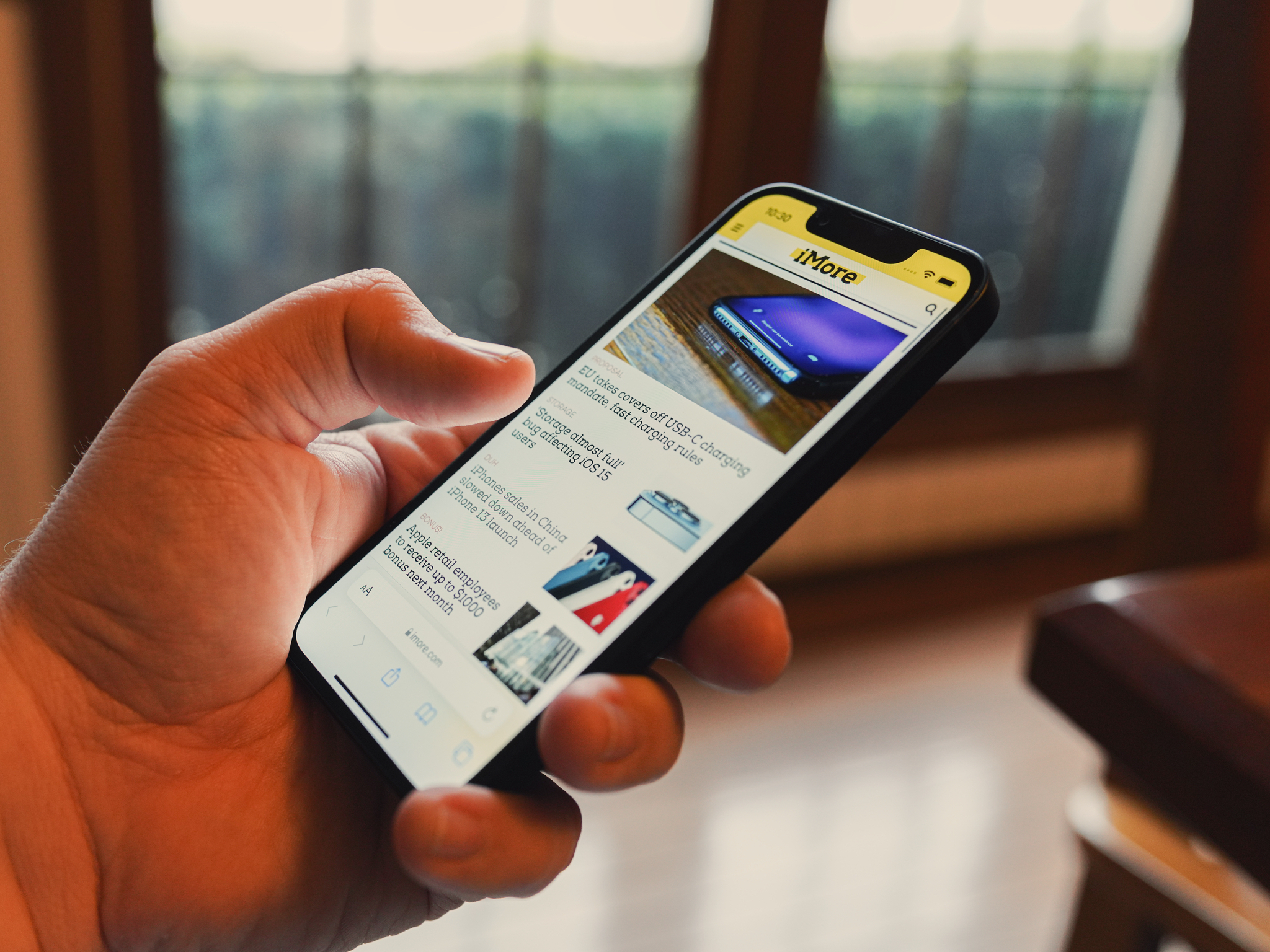UK Supreme Court blocks $4 billion iPhone tracking lawsuit against Google

What you need to know
- Google will not face a lawsuit in the UK over iPhone tracking.
- The UK Supreme court has unanimously granted an appeal by Google.
- A lawsuit had claimed Google had unlawfully tracked iPhone users.
The UK Supreme court has blocked a massive lawsuit against Google that claimed the company unlawfully tracked iPhone users.
In a ruling handed down today the Supreme Court unanimously allowed an appeal by Google to stop the proceedings, bringing to an end a very complicated case history:
Because Google is a Delaware corporation, the claimant needs the court's permission to serve the claim form on Google outside the jurisdiction. Google has opposed the application on the grounds that: (1) damages cannot be awarded under the DPA 1998 without proof that a breach of the requirements of the Act caused an individual to suffer financial damage or distress; and (2) the claim in any event is not suitable to proceed as a representative action. In the High Court Warby J decided both issues in Google's favour and therefore refused permission to serve the proceedings on Google. The Court of Appeal reversed that decision. Google now appeals to the Supreme Court.
The claimant in the case was Mr. Richard Lloyd, who sued Google claiming " that, for several months in late 2011 and early 2012, Google secretly tracked the internet activity of some 4 million of Apple iPhone users in England and Wales and used the data collected without the users' knowledge or consent for commercial purposes." A successful action brought against Google could have produced an award of damages measuring £3 billion, netting each of the 4 million represented a £750 payout.
The court said that the claim of collective damages (UK law does not provide for class action lawsuits like it does in the US) didn't line up with the Data Protection Act, which provides for "an individual who suffers damage by reason of any contravention by a data controller of any of the requirements of this Act is entitled to compensation from the data controller for that damage." The court said that the claim would have to prove material damage or distress, not just that data had been unlawfully processed, and that to recover compensation it would have to be proven on an individual basis. The court, therefore, ruled the claim could not succeed as proving it would be unsustainable, and the aforementioned High Court Judge (Judge Warby) was correct in refusing the right to serve the case on Google.
iMore offers spot-on advice and guidance from our team of experts, with decades of Apple device experience to lean on. Learn more with iMore!

Stephen Warwick has written about Apple for five years at iMore and previously elsewhere. He covers all of iMore's latest breaking news regarding all of Apple's products and services, both hardware and software. Stephen has interviewed industry experts in a range of fields including finance, litigation, security, and more. He also specializes in curating and reviewing audio hardware and has experience beyond journalism in sound engineering, production, and design.
Before becoming a writer Stephen studied Ancient History at University and also worked at Apple for more than two years. Stephen is also a host on the iMore show, a weekly podcast recorded live that discusses the latest in breaking Apple news, as well as featuring fun trivia about all things Apple. Follow him on Twitter @stephenwarwick9
